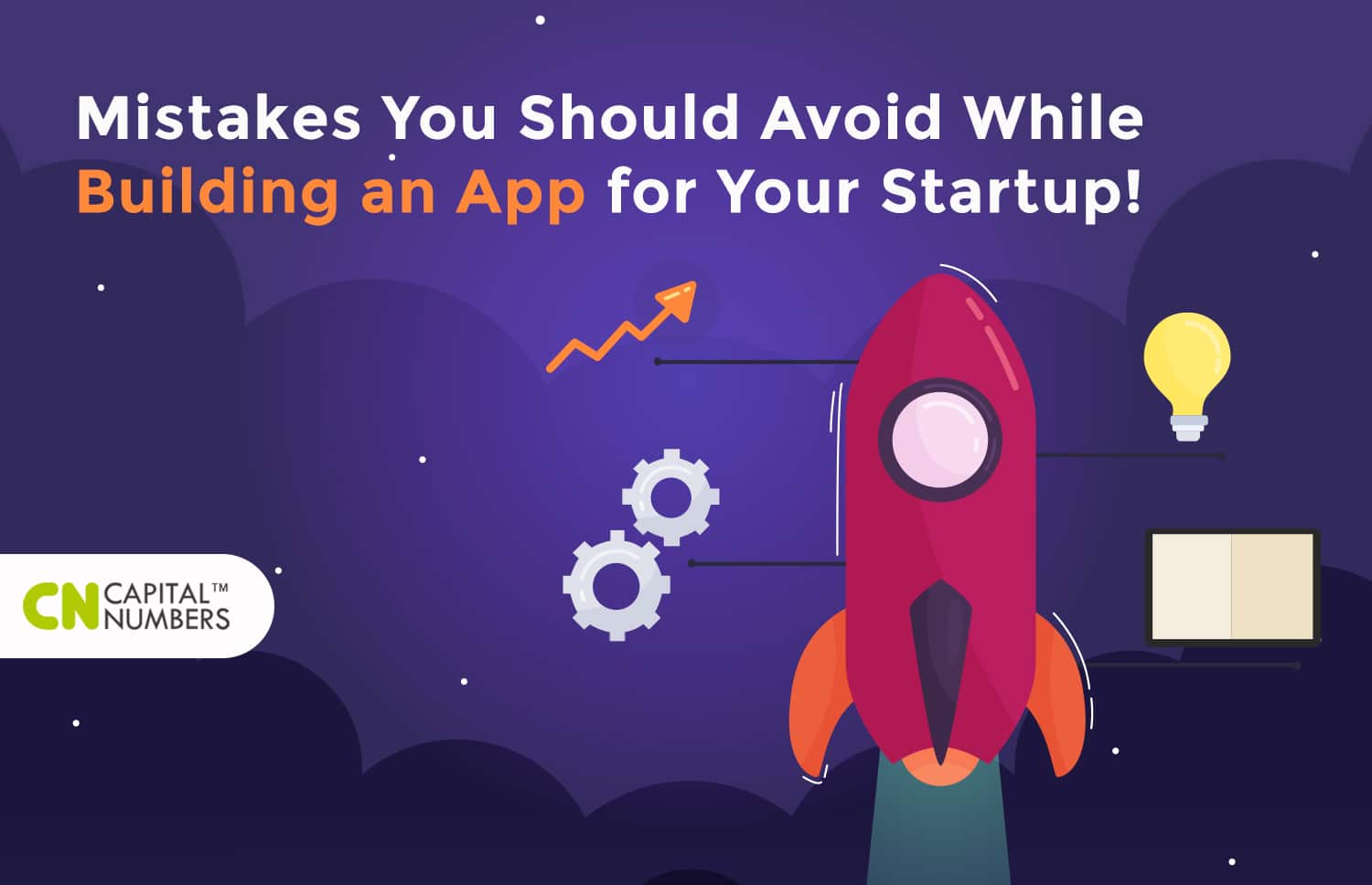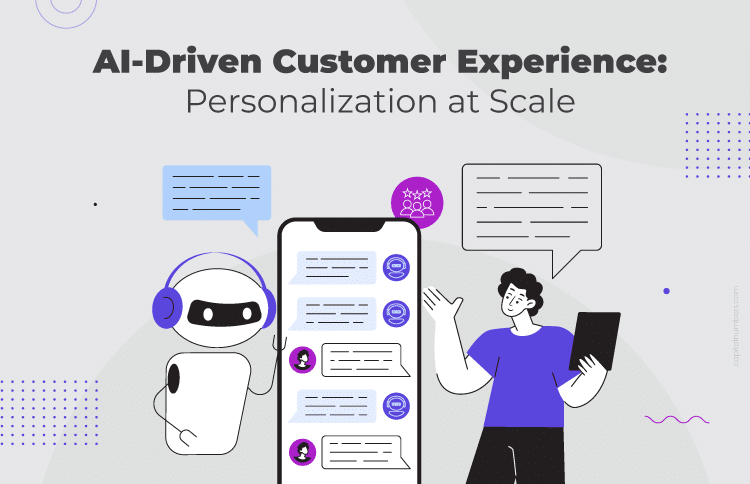8 Mistakes You Should Avoid While Building an App for Your Startup
Table of Contents
In recent times, there is phenomenal growth in the development of mobile applications. Today, there are more than 3.8 million applications available on Google Play Store. This statistic is enough to display the popularity of the mobile applications. It is not easy for startups to establish themselves in the market. Initially, they have limited resources and face several challenges. It is important for the startups to plan each step towards growth very carefully.
One of the most challenging tasks for a startup is to develop a mobile app. However, this task has a lot of benefits for the startups as well. The startups need to make sure that there occurs less number of mistakes. In fact, they should avoid making any mistake as it could affect the quality of the app as well as the objectives of your startup.
In this article, we will introduce you to some common mistakes that must be avoided while developing an application for your startup.
The following are the list of mistakes:
1.An inexperienced team of developers and designers
The most crucial factor which is responsible for creating an effective and responsive mobile application is none other than the developer itself. It is important for the startups to hire skilled personnel, which has a high level of expertise. They must have the knowledge and prior experience in developing and designing applications.
In addition to this, the startups need to hire such experts which can provide them with a functional application. They also need to increase their budget if they want an application having all the features and functions.
You can also outsource your project to a third party or external mobile development company. They will help you by providing an estimated cost of the overall project. If the price is under your desired range, then you can work with them. Else, try to look for other available options.
2.Undefined audience level
From the startup point of view, it is important that they should discover their audience level. Generally, this is the common mistake that most of the startup does. For example, if the startup belongs to an e-commerce industry. Let us suppose it is a shopping site application, then, it is important for that startup to understand the latest trends in fashion. Their application should contain the latest collection from different designers. Failure to this might result in less popularity.
Hence, it is advised to prepare a marketing strategy prior to developing an application which emphasises meeting the requirements of the audience.
3.Lack of feedback
If you are getting feedback, it means that you are getting popular in the market and the customers trust you, and your business products as well as services. They want you to improve your services.
A startup must keep in mind that they should enable users to provide their feedback in the application. It will help you to find out some better suggestions in order to improve the user experience, add more necessary features and enhance the functionality of the application.
4.Developing platform dependent applications
Nowadays, most of the applications developed are platform independent. They can work on several platforms such as Android, and iOS. The startups need to avoid making applications that can operate on the single operating system only. In this tech-savvy world, single platforms applications are not trending. In order to reach to a large audience, it is important that startups create platform independent applications.
5.Adding too many unnecessary features
While adding features to the application, enterprises do not consider (or generally ignore) the fact that adding multiple features makes app slower. Too many features make an app clumsy. It does not add any value to the application. This is one of the common mistakes that each enterprise does. Some adverse effects of adding unnecessary features are as follows:
● It affects the user experience and also confuses the end users.
● It increases the overall size of the application.
● It slows down the loading speed of the application.
● Adding too many features requires extra investment time and cost too.
6.Adding intro animation
Nowadays, most of the users are impatient. They do not want to wait even for a few seconds. It is possible that an intro animation may irritate them. It is a good idea but only when a user installs and useful the app for the first time. If same intro animation will appear each time a user opens the app, it will surely irritate him/her.
7.Adding graphics and designs of low resolution
The developers need to keep this point in mind while developing the application. They should remember that each application must contain high-quality resolution, retina displays, and pixel-dense screens.
8.Insufficient marketing
In the world of competition, enterprises must start advertising their application and its features when it is in the development phase. But, generally, they do not follow this approach. This type of marketing is generally termed as pre-launched marketing. Pre-launched marketing is very important from the point of view of startups. It helps startups to connect with several individuals. Consider the following points in order to perform pre-launch marketing:
● You can try to make a website which contains supporting content to your mobile app. Constantly update and publish new content on the website.
● You can also make pages of your startup on social media such as facebook, twitter etc. Advertise your application on these pages and let people know about your growth.
● You can follow some traditional ways of marketing such as pamphlets, banners etc. It will help you to get the attention of the public.
● You can also publish a press release, run media advertisements, and perform some events as well to gather an audience and let them know about your business.
All the above-mentioned points are some of the common mistakes that most of the startups perform. Try to avoid such mistakes in order to make sure that your app will reach to the heart of your customers.














